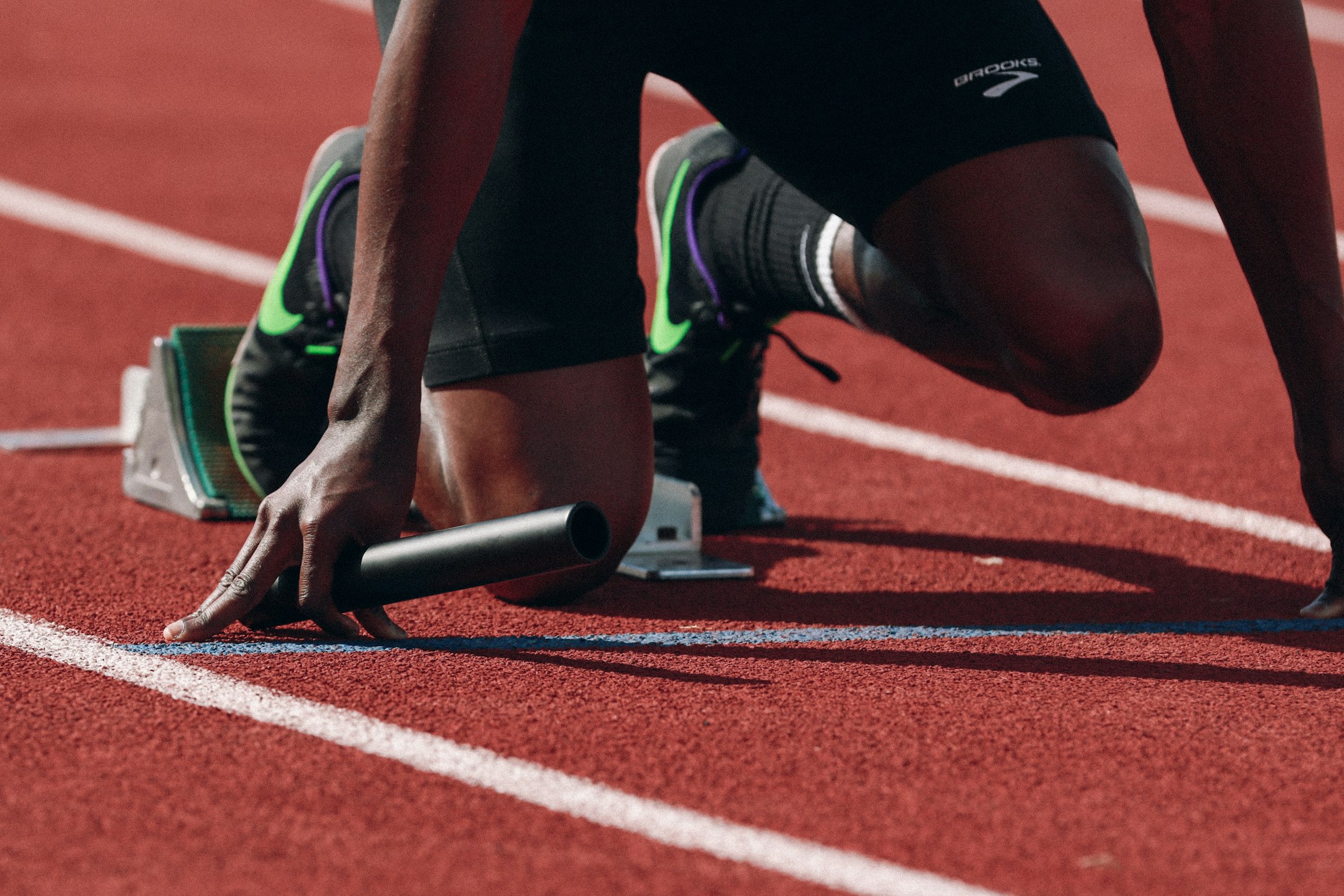|
How can THC boost energy in sports?

https://unsplash.com/photos/man-on-running-field-9HI8UJMSdZA
When it comes to athletic performance, the quest for a legitimate edge is never-ending. Amid this search, THC (Tetrahydrocannabinol) emerges as a subject of curiosity among certain athletic circles for its less discussed potential to enhance vigor and energy levels, though it remains a delicate topic due to its legal status and the stigma surrounding its use.
The Undercurrent of THC in Athletic Vigor
THC, the primary psychoactive ingredient in cannabis, is often associated with relaxation and sedation in the public imagination. However, within certain parameters, it's speculated that TRE House THC Pen could paradoxically play a role in amplifying energy under specific circumstances.
Potential Energizing Aspects of THC for Athletes
Mental Revitalization: Mental fortitude is as critical as physical stamina in sports. There's a perspective that low doses of THC might clear mental fog, leading to heightened alertness and improved focus during competitions or training.
Mood Elevation and Motivation: The grind of continuous training can wear on an athlete's mental state. The mood-lifting effects of THC are thought by some to increase motivation and the enjoyment of training sessions, potentially leading to more vigorous and energetic workouts.
Pain Distraction: Chronic pain can sap energy and endurance. THC is recognized for its analgesic properties, which could help athletes work through minor pains, allowing for more dynamic and less inhibited movement during physical activity.
Altered Time Perception: THC may alter time perception for some users, which could make long and arduous workouts seem to pass more quickly, potentially allowing athletes to push harder without the mental barrier of a seemingly endless session.
Sleep and Recovery: Recovery is where the real gains are made, and THC's potential to improve sleep quality could allow for better recovery, thus leading to greater energy levels during waking hours.
Navigating the Use of THC for Energy in Sports
Legal and Ethical Constraints: The use of THC is not legal everywhere, and where it is legal, it often comes with restrictions, especially in professional sports. Athletes must navigate this landscape carefully to avoid repercussions.
Doping Regulations: Many sports leagues and governing bodies include THC on their banned substances list, so athletes subject to drug testing must consider the timing and implications of use.
Dosage and Timing: The relationship between THC and energy can be dose-dependent. Low doses may have stimulating effects, while higher doses are typically sedating.
Individual Responsiveness: Not every athlete will respond to THC in the same way, and its energizing effects cannot be universally guaranteed.
Quality Control: Athletes considering THC must ensure they are using high-quality products from reputable sources to avoid contaminants that could affect health or result in a positive drug test.
The Takeaway
The role of THC in potentially boosting energy for athletes is nuanced and riddled with caveats. While some may find an unconventional ally in low doses of THC for certain energizing benefits, the necessity of navigating the compound's legal implications, understanding the body's responses, and maintaining adherence to sport-specific regulations cannot be overstated.
As the discourse on cannabis evolves and scientific inquiry progresses, the athletic world may see a shift in how THC is perceived in relation to sportive vitality. Until then, THC remains a subject of contemplation for those seeking unconventional methods to invigorate their athletic performance.
|

